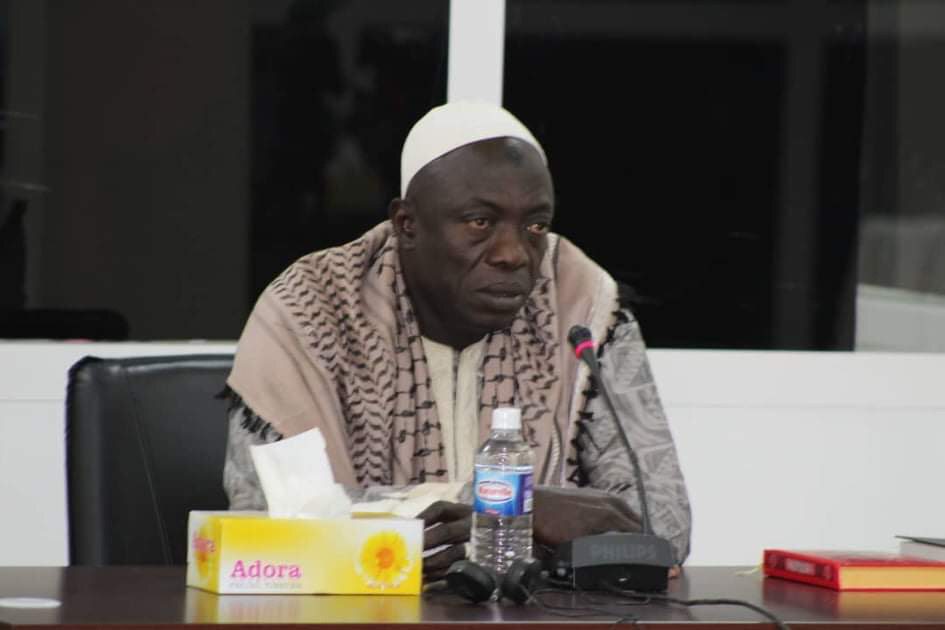A visibly remorseful Kanyi explained how he was one of some senior army officers who summarily executed Sergeants Fafa Nyang and Basiru Camara in a forest outside the capital Banjul shortly after the coup suspects were rounded up and paraded stark naked.
It was a difficult day for the families of Kanyi’s victims who were present as the witness gave graphic details of the three events of murder he claimed to have participated in including the killing in cold blood of then Finance minister Ousman Koro Sesay, a civilian.
He said Sesay was trapped into a house belonging to Yankuba Touray, then a member of the junta that seized power in The Gambia in July 1994, and clobbered to death using huge sticks and a pestle.
Kanyi said he took part in the clobbering of the victim, leaving blood spattered all over the floor of the house, a mess which he said they later cleaned up.
The now retired army corporal’s account of the June 1996 incident clearly incriminates Edward Singhateh and his younger brother Peter Singhateh, the latter of which struck the first two blows using a club that took Mr. Sesay unawares and knocked him unconscious.
Accused by multiple witnesses to the TRRC in earlier testimonies of taking part in the extrajudicial killings, a teary-eyed Kanyi begged for forgiveness from the relatives of the victims and the Gambian people over his roles in the crimes that happened between 1994 and 1996.
Kanyi claimed he was instructed by then Lt. Edward Singhateh, a member of the then ruling Armed Forces Provisional Ruling Council to open fire at Sergeants Nyang and Camara.
He told the commission that he carried out the executions of the two soldiers by firing live ammunition at them together with Singhateh.
“I fired live rounds at them. At the same time Edward was also firing at them, and they died.”
“I was instructed to shoot and kill them, to shoot my own brother (referring to Camara) and I had no choice,” he said.
Kanyi also told the commission that he buried the two soldiers and other dead soldiers including Lt. Basiru Barrow and Lt. Dot Faal, the alleged ringleaders of the abortive coup.
“Look at my position today, I’m in nowhere and it’s because of those undesirable elements. My live was destroyed by junior officers. I was obeying them… I am wrong…am completely wrong committing such crimes”, he said broking down in tears.
About 20 soldiers were executed on November 11 1994, after they were accused by the military junta led by former president Yahya Jammeh of staging a coup.
The commission whose next sitting is on March 11, has witnessed testimonies about crimes, violence and human rights violations from 22nd July 1994 to January 2017 with a view to documenting an accurate historical detail of such incidents.
The thematic areas that the TRRC will be investigating include crackdowns on journalists, extrajudicial killing of soldiers, forced disappearances, the mass killing of scores of West African migrants, former president Jammeh’s controversial HIV/AIDS treatment and a 2009 witch hunt targeting alleged wizards and witches.
Although devoid of the authrotiy of a court of law, the TRRC is mandated to recommend reparations for victims, shedding light on the whereabouts of the disappeared and advise the government over the prosecution of perpetrators of Jammeh-era crimes.
The TRRC’s ‘Never Again’ slogan seeks to impress upon Gambians a shared responsibility of avoiding the atrocities of a troubled past.


